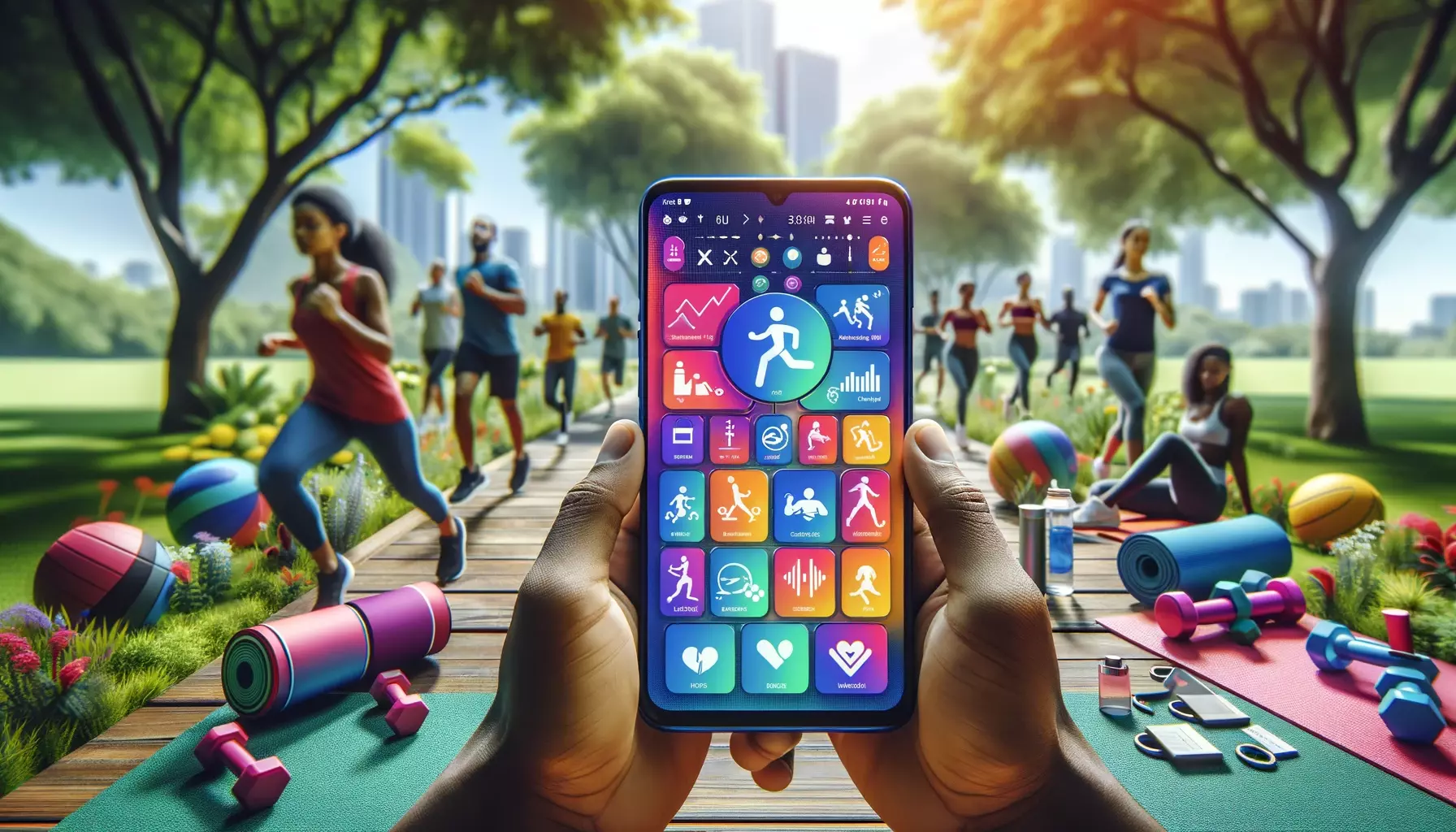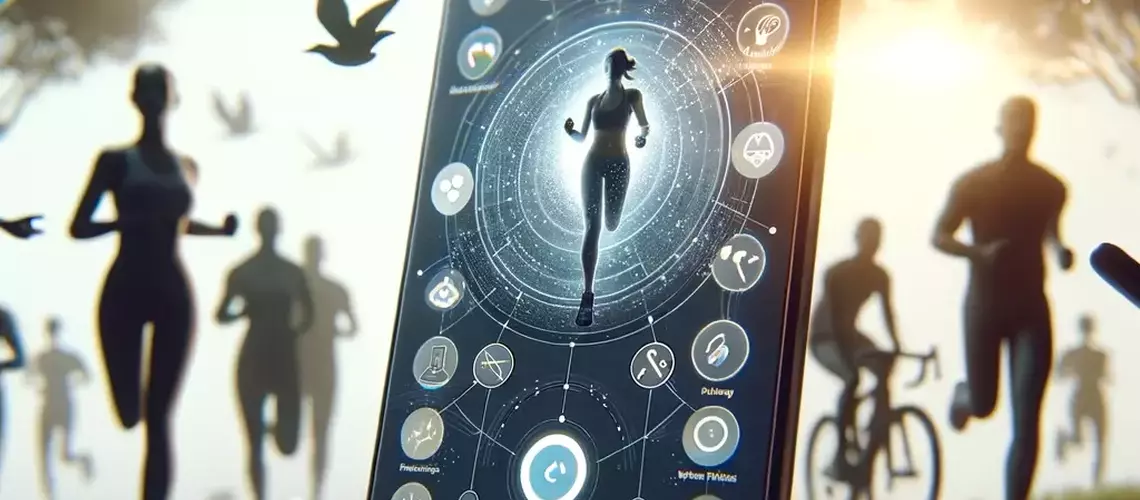Your new digital health partner - The chatbot that will fight inactivity
In a world where obesity is a growing challenge, researchers are seeking innovative solutions to motivate physical activity. A new Norwegian study shows how a tailored chatbot can become the ultimate supporter for adults fighting obesity, offering personalized motivation and integration with modern technology.

This is the story of how the future of healthcare is not just about physical activity, but also about the power of technology to transform lives.
At a time when our screens are becoming portals to new worlds, one digital helper stands out as a potential game-changer for those battling obesity: A bespoke chatbot. This innovative solution could be the key many have been waiting for to take control of their health and wellbeing.
Motivation in the pocket
The notion of a digital coach who is always there to motivate, guide and celebrate your progress is no longer just science fiction. Through an extensive interview study of patients at the Evjeklinikken, it has emerged that what adults struggling with obesity really want is a chatbot that understands the need for personal support and encouragement. Imagine a friend who helps you set realistic goals, reminds you to move, and celebrates every little victory with you.

The study is part of her work on a PhD at the Department of Clinical Medicine at the Faculty of Health Sciences at UiT The Arctic University of Norway and the Norwegian Center for E-health Research.
Customize your success
At the heart of the study's findings is the desire for motivational features in the chatbot such as social support, goal setting, physical activity illustrations, behavior monitoring, and feedback and reminders.
The secret to the ideal chatbot lies in its ability to adapt. Participants in this qualitative study dream of a digital assistant that allows them to customize everything from language to message frequency, so they get exactly the support they need.
- It's all about personalizing the technology, giving each user the opportunity to shape their own path to success, says Larbi.
Technology meets tradition
In a world where technology is evolving at a rapid pace, the participants in the study want a chatbot that works with their existing health devices. The study reveals a clear need for technological connectivity, especially features that allow synchronization with smartwatches and various health and fitness apps, as well as integration with social media platforms.

This desire for seamless integration underscores a deep need for simplicity and efficiency on the road to a healthier life. This approach points to a future where digital health intervention is not only personalized and motivational, but also deeply integrated into the user's technology ecosystem.
Safety first
In this digital revolution, privacy and data security are crucial. The study reveals a spectrum of opinions around the sharing of personal information, emphasizing the need for a balanced approach. The development of the “perfect” chatbot must take these concerns into account and ensure that users' data is handled with the utmost respect and care.
Your personal trainer - FysBot
But can a chatbot help you lose weight? Yes, according to researchers. FysBot is supposed to be a virtual friend or personal trainer, encouraging you to exercise and make healthy choices.
It's a chatbot that sends reminders and writes messages to you - just like a real person. FysBot uses established psychological techniques to help you.
The healthcare assistant of the future
The conclusion is clear: By combining the requirements of motivation, customization, integration, and security, the development of a specialized chatbot can truly play a critical role in promoting physical activity among individuals living with overweight and fighting obesity. Through careful design and collaboration with the target group, we can develop technological solutions that are not only effective and secure, but also deeply resonant and motivating for users.
Among other things, we have collaborated with master's degree student Sondre Elvebakken Løvås at the Department of Informatics at UiT The Arctic University of Norway to see what is technically possible.

- Advances in language technology have made it easier to implement sophisticated chatbots that can use external data sources to provide the most benefit to the user, says Løvås.
- This is not just a chatbot, it lays the foundation for an exciting step forward at the intersection of technology and health, where each of us can find the strength to achieve our goals, supported by technology that understands and adapts to our unique needs, concludes Larbi.
Reference:
Larbi, D., Wynn, R., Trondsen, M.V. mfl. What do adults living with obesity want from a chatbot for physical activity? – a qualitative study. BMC Digit Health 2, 15 (2024). https://doi.org/10.1186/s44247-024-00070-3